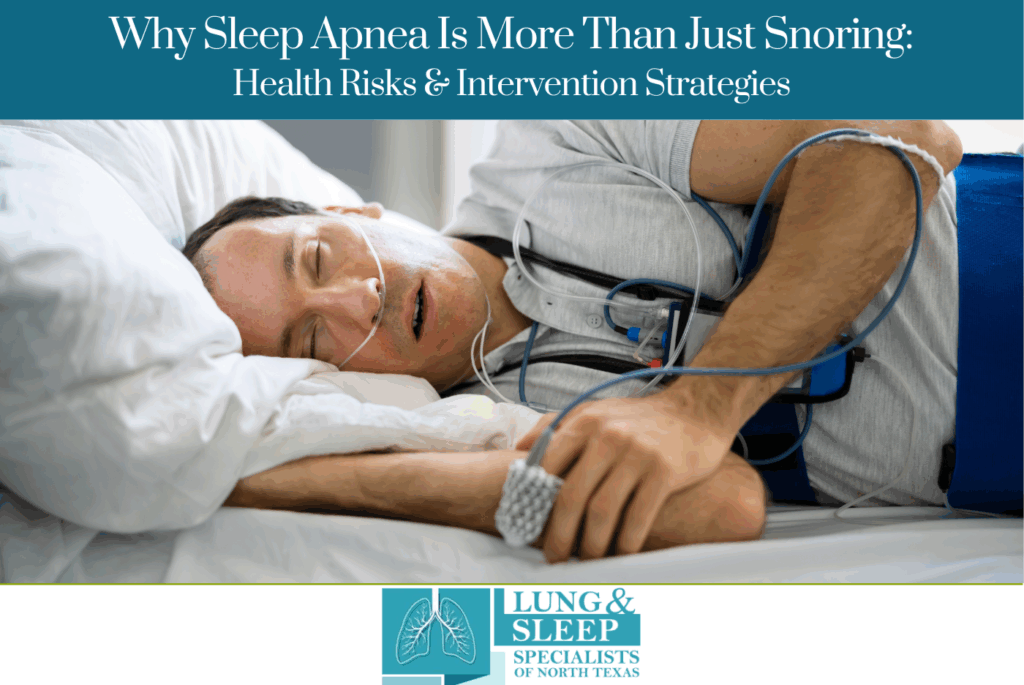
Introduction
Many people treat loud snoring as a minor annoyance. In reality, it can be the most noticeable sign of obstructive sleep apnea (OSA)—a serious condition where breathing repeatedly stops during sleep.
How OSA Affects the Body
- Heart & Vessels: Raises blood pressure, increases risk of heart attack and stroke.
- Metabolism: Promotes insulin resistance and weight gain.
- Brain: Reduces oxygen to critical areas, impairing memory and focus.
- Mood: Linked to depression, irritability, and daytime fatigue.
Key Symptoms to Watch
- Loud, chronic snoring
- Pauses in breathing witnessed by a partner
- Morning headaches
- Daytime sleepiness, even after a full night’s sleep
- Difficulty concentrating or irritability
Diagnostic Pathways
- Polysomnography: In-lab gold standard.
- Home Sleep Apnea Testing: Convenient option for many.
- Airway evaluation and imaging when needed.
Treatment Options
- CPAP (Continuous Positive Airway Pressure) remains the most effective.
- Oral Appliances can reposition the jaw for milder cases.
- Lifestyle Measures: Weight management, sleeping on your side, limiting alcohol.
- Advanced Therapies: Inspire hypoglossal nerve stimulation, surgical procedures when appropriate.
Integrative Strategies
Nutrition counseling, anti-inflammatory diet, and breathing retraining can enhance outcomes and improve comfort with CPAP.
Why Early Treatment Matters
Untreated OSA increases the risk of hypertension, heart disease, stroke, and accidents caused by daytime drowsiness. Timely diagnosis can dramatically improve quality of life and overall health.
Don’t ignore chronic snoring or unexplained fatigue. Call Lung & Sleep Specialists at (817) 594-9993 or request a sleep evaluation today.
